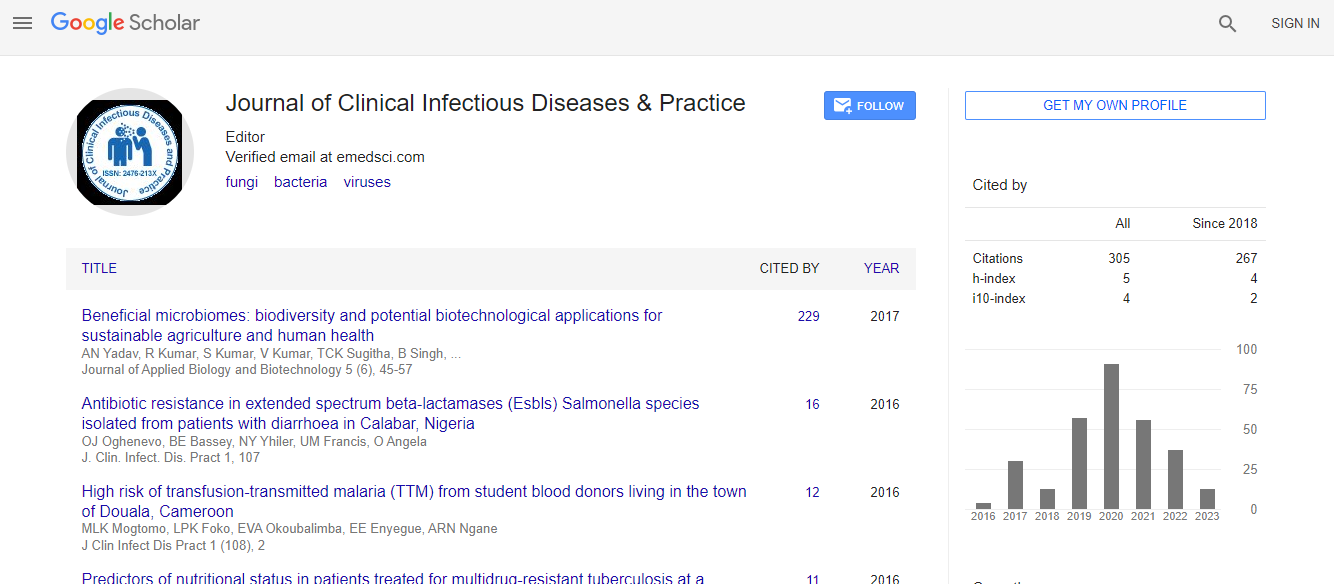Research Article
The Impact of Protein Binding on Antibacterial Activities of Antibiotics is more than Predicted by Considering its Numerical Value Alone: Effects of Serum Proteins on Activities of Poorly Penetrating Agents and Inhibition of ß- Lactamase Activity-Part II
Axel Dalhoff* and Sabine Schubert
Institute for Infection Medicine, Christian-Albrechts-University of Kiel, Brunswiker Str. 4, D-24105 Kiel, Germany
- *Corresponding Author:
- Axel Dalhoff
Institute for Infection Medicine
Christian-Albrechts-University of Kiel
Brunswiker Str. 4, D-24105 Kiel
Germany
Tel: 49202655236
Fax: 492022655297
E-mail: adalhoff@t-online.de
Received date: August 30, 2016; Accepted date: September 22, 2016; Published date: September 27, 2016
Citation: Dalhoff A, Schubert S (2016) The Impact of Protein Binding on Antibacterial Activities of Antibiotics is more than Predicted by Considering its Numerical Value Alone: Effects of Serum Proteins on Activities of Poorly Penetrating Agents and Inhibition of ß- Lactamase Activity-Part II. J Clin Infect Dis Pract 1:111. doi: 10.4172/2476-213X.1000111
Copyright: © 2016 Dalhoff A, et al. This is an open-access article distributed under the terms of the Creative Commons Attribution License, which permits unrestricted use, distribution, and reproduction in any medium, provided the original author and source are credited.
Abstract
Objectives: Protein binding decreases antibacterial activities as the free fraction only crosses membranes thus reaching intracellular targets. However, serum components may increase antibacterial activities. Therefore, the effect of serum proteins on activities of ß-lactams and macrolides was examined.
Methods: Strains with defined resistance genotypes were selected; MRSA, ermB-, mefA-, gyrA Ser81-Phemutants of S. pneumoniae, and TEM-1 or TEM-3 ß-lactamase producing E. coli were used. Ten antibiotics known to penetrate into bacteria either well or poorly and/or known to be labile or stable to inactivation by ß-lactamases were used. Strains were incubated in Brain Heart Infusion Broth (BHI), BHI +50% heat inactivated human serum or active serum, or 45 g/L albumin. MICs were determined and Kill-kinetics was recorded following exposure to constant or fluctuating drug concentrations. Kill constants and areas under the bacterial kill curves were calculated.
Results: Albumin and inactive serum increased MICs and reduced kill rates of the agents studied in conformity with their protein binding. However, active serum increased the activities of such agents known to penetrate poorly into strains with permeation barriers. In addition, active as well as inactive serum restored the activities of ß-lactams against ß-lactamase producing strains due to enzyme inhibition.
Conclusions: Serum proteins permeabilized bacteria and inhibited ß-lactamase activity. The impact of serum proteins on antibacterial activities against specific drug-bug associations is more than predicted by considering the numerical value of protein binding alone.

